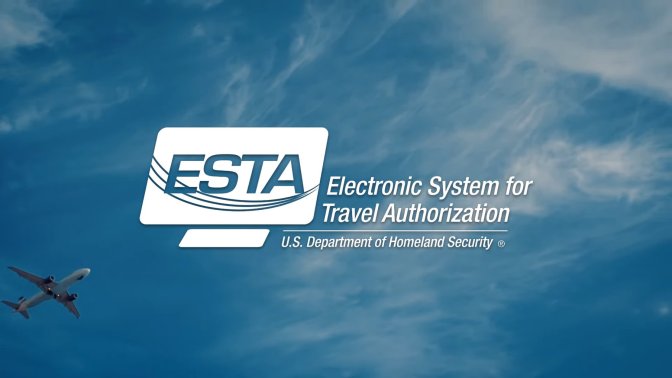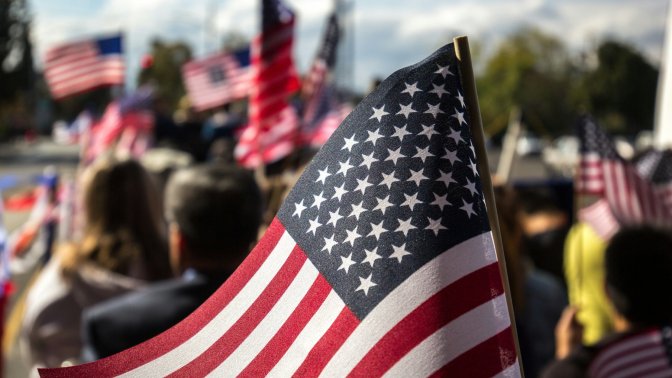US visa types can feel like an alphabet soup—B-1, H-1B, F-1, EB-5—but behind each code is a pathway with its own rules and purpose. Some visas let you visit for a short stay, others open the door to work or study, and a select few can lead to permanent residency. To make sense of it all, let’s break down the main categories and highlight which visa might fit your journey.
What are US visa types?
The U.S. offers many visa categories, but they fall into two main groups: nonimmigrant visas (temporary stay) and immigrant visas (permanent stay).
US nonimmigrant visas (Temporary stay)
These visas are for short-term visits such as tourism, business, study, or temporary work.
US visa type | Purpose |
B-1 | Business visitors: meetings, conferences, negotiations |
B-2 | Tourism, visiting family, medical treatment |
Combined for both business and tourism | |
Skilled professionals in specialized occupations | |
H-2A | Temporary agricultural workers |
H-2B | Temporary non-agricultural workers |
L-1 | Intra-company transfers (executives, managers, specialists) |
O-1 | People with extraordinary ability in arts, science, business, or sports |
E-2 | Investors from treaty countries starting/managing a U.S. business |
F-1 | Academic students in schools, colleges, or universities |
M-1 | Vocational or technical students |
J-1 | Exchange visitors: interns, scholars, au pairs |
K-1 | Fiancé(e) of a U.S. citizen (must marry within 90 days) |
K-3 | Spouse of a U.S. citizen awaiting Green Card processing |
U Visa | Victims of crimes assisting U.S. law enforcement |
A Visa | Diplomats and foreign government officials |
G Visa | Employees of international organizations |
C Visa | Transit through the U.S. |
D Visa | Airline and ship crew members |
Q Visa | Participants in cultural exchange programs |

US immigrant visas (Permanent stay)
Immigrant visas allow you to live and work in the U.S. permanently. Once granted, you become a lawful permanent resident (Green Card holder).
US visa category | Subcategories | Purpose |
Family-Based Immigrant Visas | - Immediate Relative (IR-1, IR-2, IR-3, IR-4, IR-5) - Family Preference (F1, F2A, F2B, F3, F4) | For spouses, children, parents, and siblings of U.S. citizens or permanent residents |
Employment-Based Immigrant Visas | - EB-1: Extraordinary ability, outstanding professors/researchers, multinational executives/managers - EB-2: Professionals with advanced degrees, exceptional ability - EB-3: Skilled workers, professionals, other workers - EB-4: Special immigrants (religious workers, broadcasters, certain employees of U.S. gov. abroad, etc.) - EB-5: Immigrant investors creating jobs in the U.S. | For workers, professionals, investors, and individuals with extraordinary ability |
Diversity Visa (DV Lottery) | - DV Program | For nationals of countries with historically low immigration to the U.S. |
Returning Resident Visa (SB-1) | - SB-1 | For lawful permanent residents returning after a long stay abroad |
Special Immigrant Visas (SIV) | - For Afghan/Iraqi translators and certain U.S. government employees - Religious workers and other designated groups | For individuals with special eligibility |

Some visas allow dual intent. For example, the H-1B is a temporary work visa, but it also permits you to apply for a Green Card later through the employment-based (EB) categories.
How many types of US visas are there?
The United States offers about 185 different types of visas, but they are divided into two main categories.
As mentioned, non-immigrant USA visas are intended for temporary stays such as tourism, business, family visits, study, work, or transit. Immigrant visas, on the other hand, are designed for those who wish to establish permanent residence in the United States.
Choosing the right US visa type
With so many U.S. visa types available, it is important to select the one that matches your exact purpose of travel. Applying for the wrong visa can lead to delays or even rejection. Here are the key factors to consider:
Factor | Guidance | Relevant Visa Types |
Purpose of Travel | Match your reason for visiting the U.S. | - Tourism/visiting family → B-2 - Business → B-1 - Study → F-1, M-1 - Temporary work → H-1B, H-2, L-1, O-1, E-2 - Permanent stay → Family-based, Employment-based, DV Lottery |
Duration of Stay | Decide if your stay is short-term or permanent | - Short-term → Nonimmigrant visas - Permanent → Immigrant visas (Green Card) |
Employment Options | Check if the visa allows you to work legally | - Work allowed → H-1B, L-1, O-1, E-2, some J-1 - No work → B-1, B-2, M-1 |
Family Situation | Consider visas based on your relationship with U.S. citizens/residents | - Fiancé(e) → K-1 - Spouse → K-3, Family-based immigrant visas |
Dual Intent Possibilities | Some visas let you apply for permanent residency later | - H-1B, L-1 |
Country of Origin | Applicants from eligible countries may qualify for the DV Lottery | - Diversity Visa (DV Program) |

Whether your goal is to study, work, invest, or reunite with family, there’s a USA visa designed to fit your journey. The key is to match your purpose of travel with the right category—nonimmigrant for short stays, or immigrant for permanent residency. Choosing wisely not only smooths the application process but also sets you on the right path toward achieving your goals in the United States.







